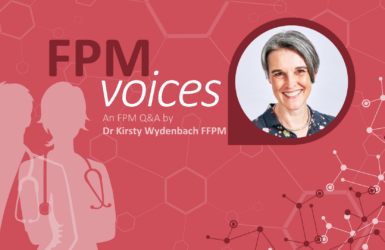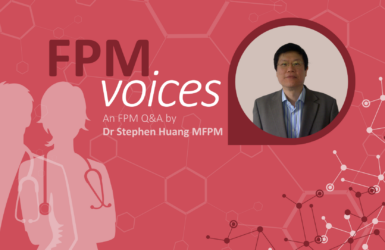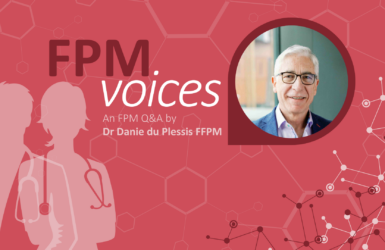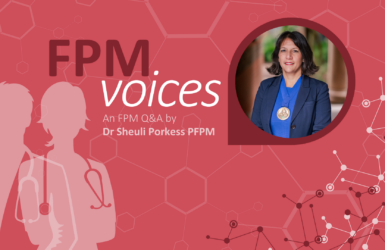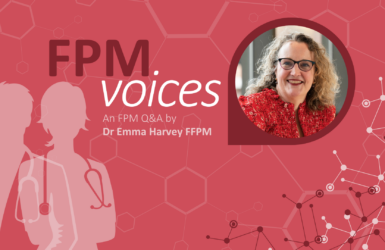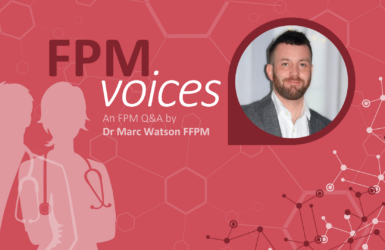Dr Stephen Huang MFPM
An FPM Voices Q&A
Posted on: Wednesday 26 March 2025
Author: Dr Stephen Huang
This Q&A has been prepared by Dr Stephen Huang MFPM.
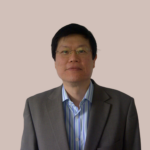
FPM Voices is a Q&A interview series that shines a spotlight on the careers and insights of senior and influential pharmaceutical physicians. Through these conversations, we aim to provide colleagues with a deeper understanding of the opportunities, challenges, and rewards of pharmaceutical medicine.
Each interview explores personal career journeys, key lessons learned, and the role that the Faculty of Pharmaceutical Medicine (FPM) has played in shaping professional growth.
What first sparked your interest in pharmaceutical medicine, and what has kept you passionate about the field?
I first learned about pharmaceutical medicine while working as a GP registrar. Working as a pharmaceutical physician is the perfect combination which allows me to exercise my interest in commerce while retaining my skills and knowledge as a doctor. I have been working in the industry for over two decades now and never regretted my transition from clinical practice. Changing therapy areas on a constant basis has allowed me to keep up with advances in treating various diseases, thus keeping me ‘sharp’.
What does FPM represent to you, both professionally and personally?
FPM is an important body for all physicians who work in the pharmaceutical industry. Not only does it represent our interests, FPM provides a semi-academic home to advance the development of its wider memberships. Ever since the GMC revalidation programme started, I have been privileged to be an appraiser and have met many fellow pharmaceutical physicians covering all aspects of medicines development and its commercialisation. It is humbling to hear appraisees’ own work, their challenges and career aspirations.
In what ways have you helped champion FPM’s mission for the next generation of pharmaceutical physicians?
Both formally and informally, I enjoy training new entrants to the industry, and help doctors transition from the NHS to their new careers. I enjoy helping them to shift their mindset from focusing on treating individual patients one at a time, to seeing how clinical trial outcomes apply to the wider population and generate value to society. I have recently joined FPM’s Board of Trustees and hope to help FPM achieve its objectives in the coming years.
What’s a recent innovation or lesson—whether from colleagues, patients, or scientific advancements—that has inspired or changed your perspective?
I think FPM’s recently set-up mentorship programme, FPM Connect, is a good way for pharmaceutical physicians to learn and seek advice from other colleagues in a safe environment, outside their immediate work situation. I would like to see the programme grow to further benefit pharmaceutical physicians, especially those faced with constant, challenging situations.
Throughout your career, what has been your greatest challenge, and how do you stay resilient in the face of setbacks?
Helping fellow colleagues, especially those outside the UK, to understand the importance in applying the Code of Practice both in ‘letter and spirit’. Patience, repeated explanation and maintaining consistency is needed, and to double-check your own lines of thoughts with fellow pharmaceutical physicians if possible.
What is one key change or advancement you hope to see in pharmaceutical medicine in the coming years, and why?
Currently we work in silos in different sub-specialties, for example medical affairs, clinical development, drug safety. It would be good if there could be some overlap between these functions in the coming years, which will allow us to broaden our individual skills, knowledge and expertise.
If you weren’t a doctor, what completely different career would you want to try?
A writer for spy thriller novels.


